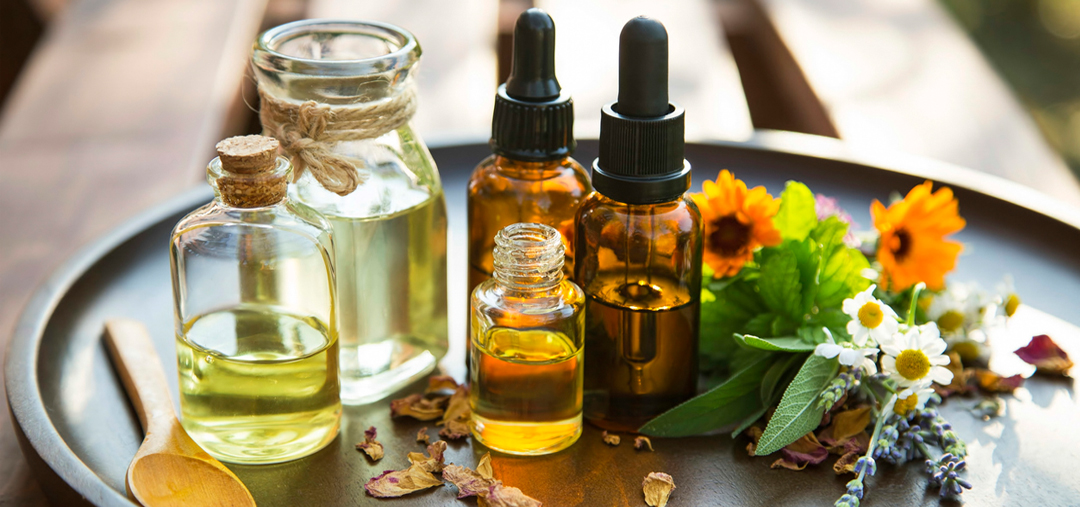
Most people know by now that certain fish contain high amounts of pollutants such as mercury, PCBs, and dioxins. But according to experts, fish oil supplements don’t have the same problem. Here’s why.
It all starts with the type of fish used to make the supplements. Big fish, such as shark and swordfish, typically contain higher levels of pollutants because they live longer and eat other contaminated fish (so toxins accumulate in them). However, most supplement companies use smaller, younger fish like sardines and anchovies to make their products — fish that tend to have less toxins. Smaller fish get their omega-3 content from eating algae, an original source of omega-3s, adds William Harris, Ph.D., a professor of medicine at Sanford School of Medicine at the University of South Dakota and an omega-3 expert.
Whatever the type of fish, the meat is ground up either on the boat or later in a processing plant. Next, it goes through centrifuge and heating processes that separate the oil, which rises to the top, says Harris. Mercury typically clings to the fish meat, he explains, rather than the oil. The oil is skimmed off and further purified, eliminating PCBs or other pollutants, and then it’s deodorized. From there it’s encapsulated and sold as supplements.
ConsumerLab.com
, a White Plains, New York, company that evaluates health, wellness, and nutrition products, tested 43 fish oil supplements and found that none contained PCBs, mercury, or dioxins, according to Tod Cooperman, M.D., ConsumerLab.com’s president. However, some products didn’t have much DHA or EPA or were stale. Make sure the ingredients list specifies how much of these individual omega-3s the product contains, notes Cooperman. As for freshness, you can’t tell if a supplement has gone bad simply by looking at it. But it may taste or smell bad (or you may burp a “fishy” taste) if it’s no longer fresh. Light exposure can turn fish-oil supplements rancid, so look for dark or opaque packaging. Store supplements in the refrigerator to keep them fresh, and toss them once the expiration date passes.
Read about the
health benefits of Omega-3s
See more about the
best supplements for your health

























